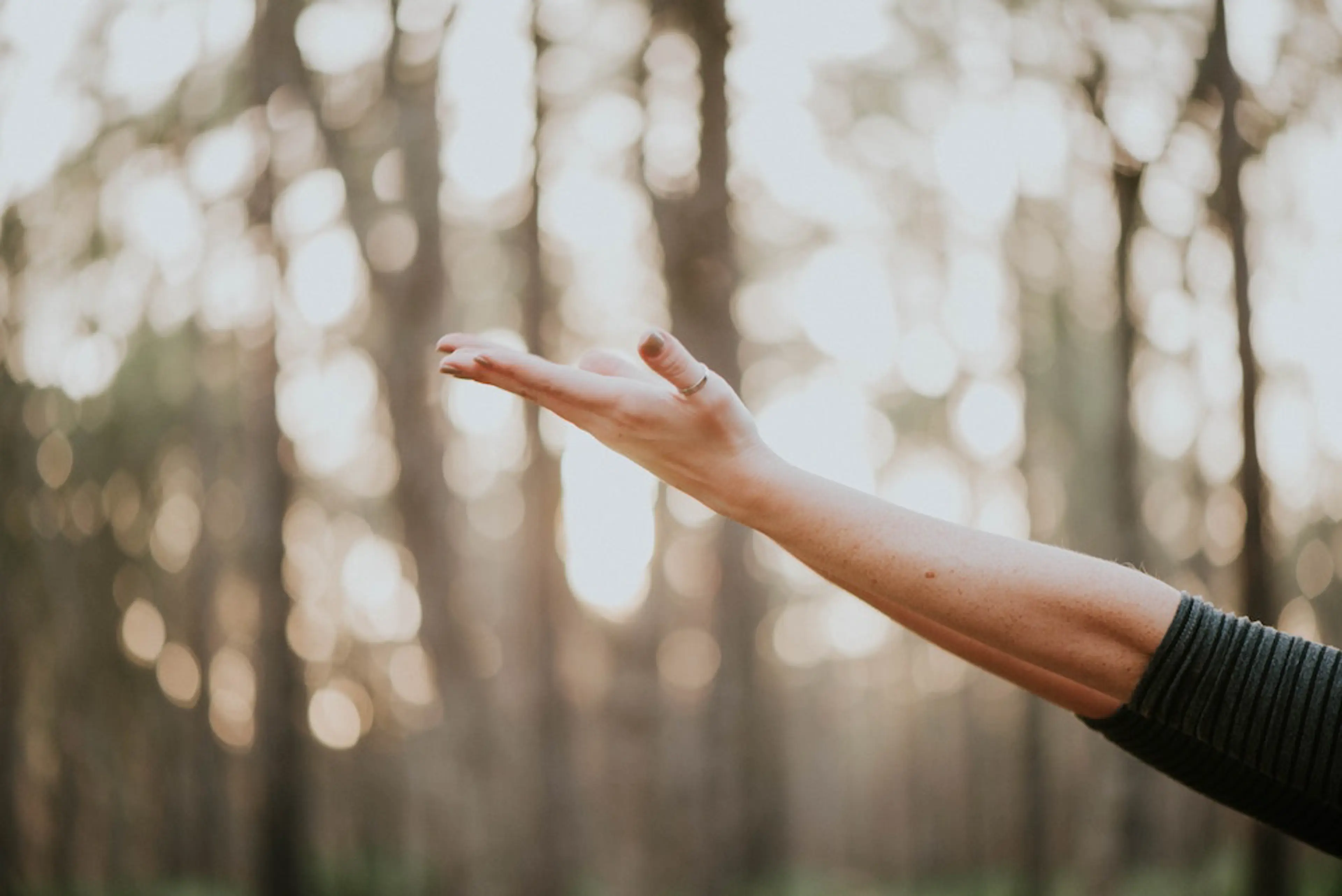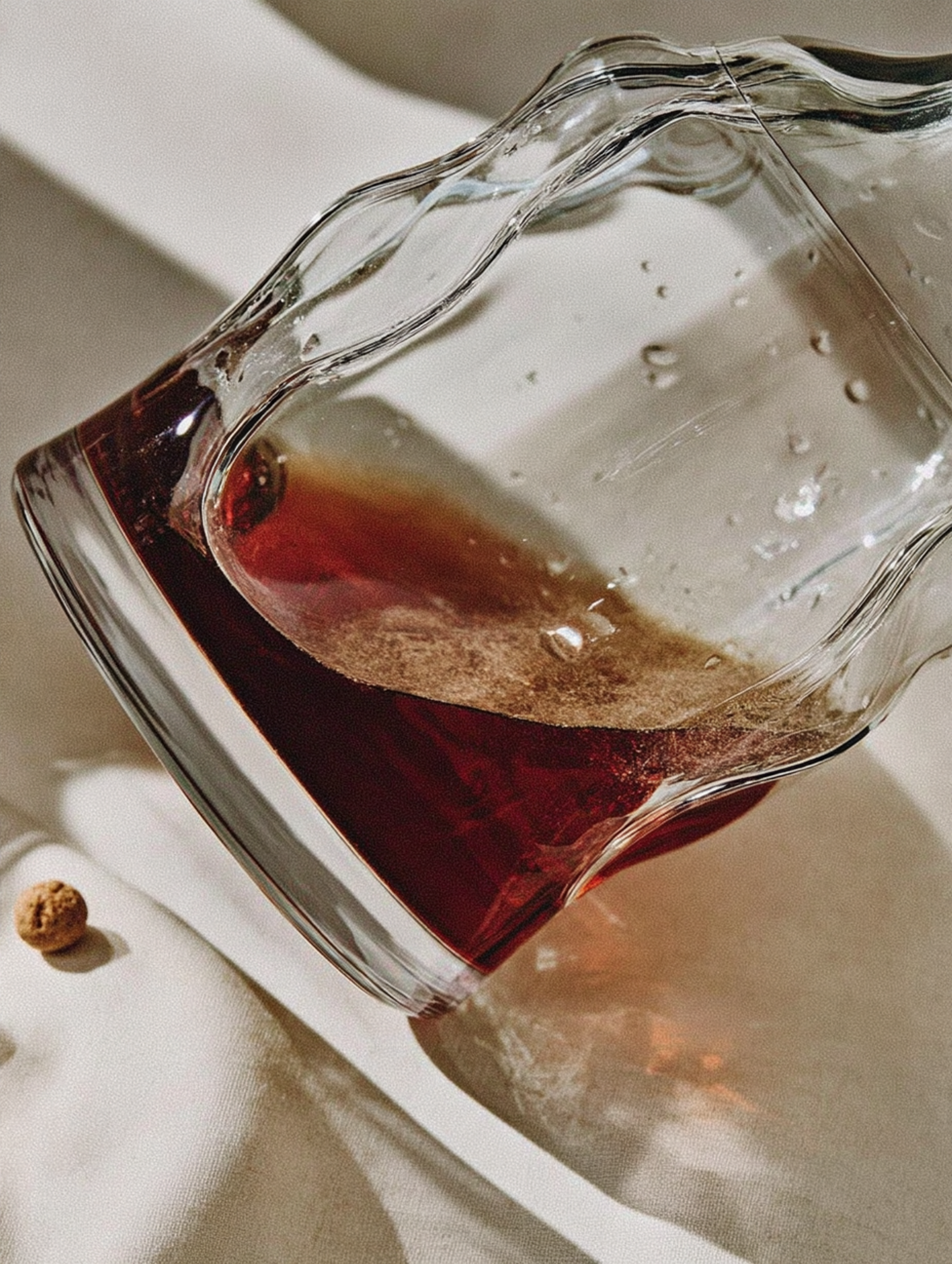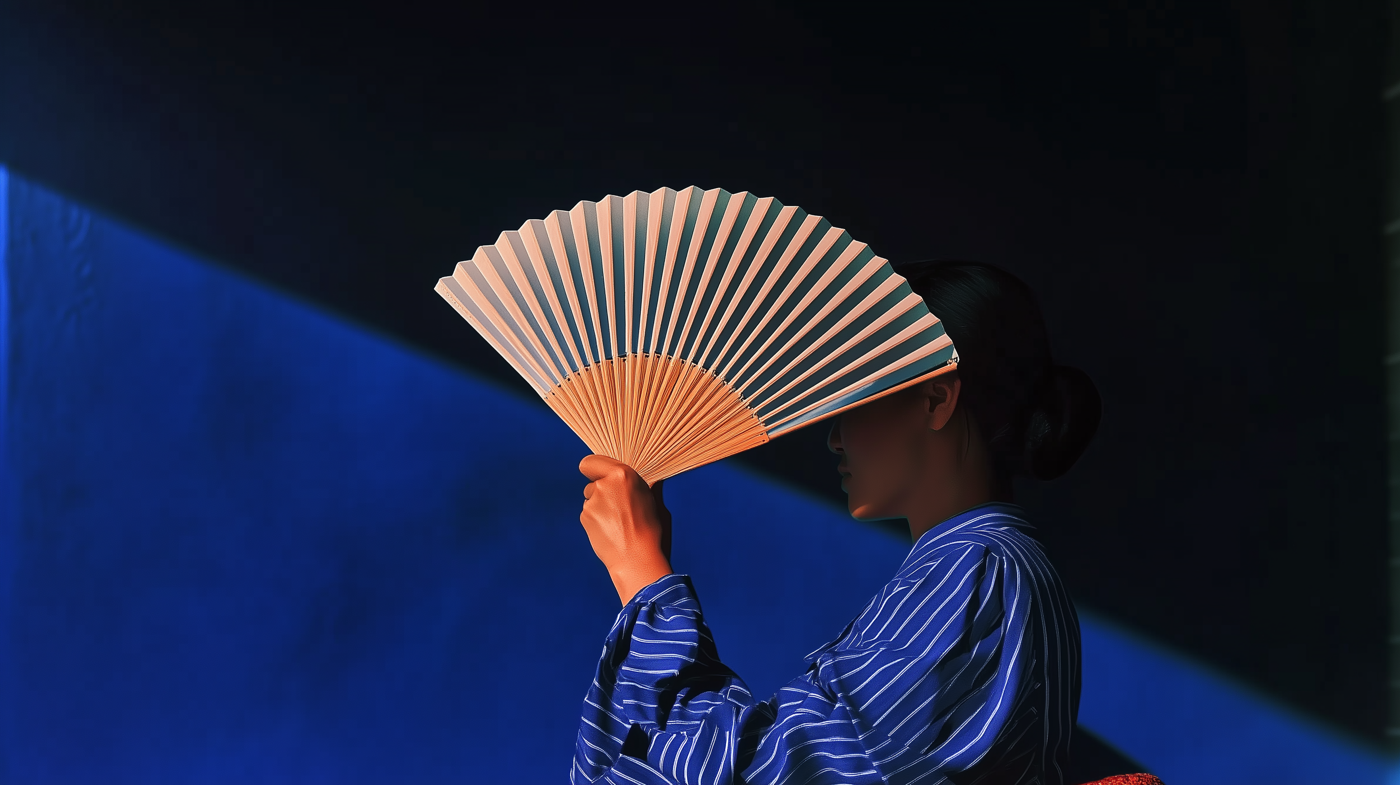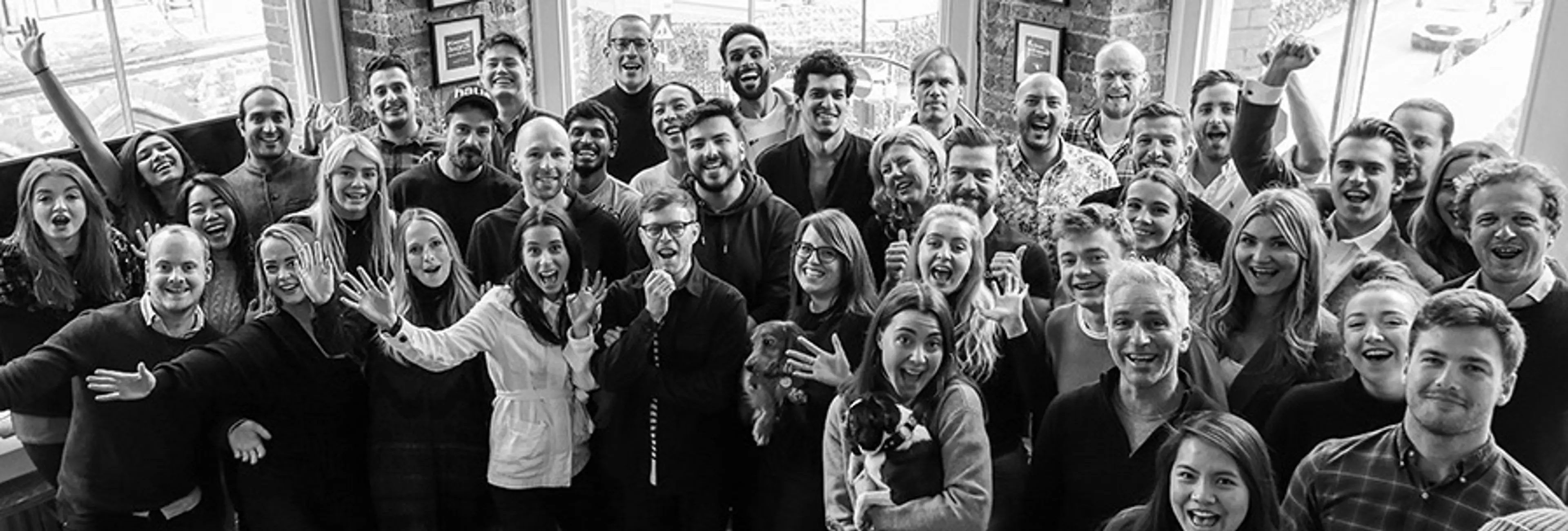
Trends & Insights
1 Jan 2020
2 Min Read
The Rise of Wellness Tourism
Is it Gwyneth Paltrow and her Goop empire, single-handedly influencing us all to pursue a ‘cleaner’, more spiritual lifestyle?
“"The growing trend toward ‘spiritual but not religious’ has spiked in recent years, surprisingly resonating with the very same demographic most likely to reject the notion of a god — liberal academics."”
Trends & Insights



